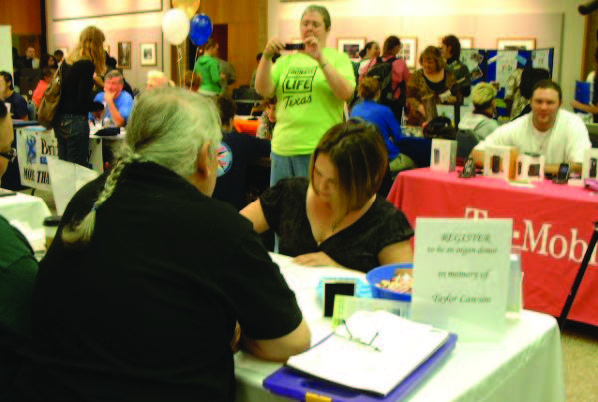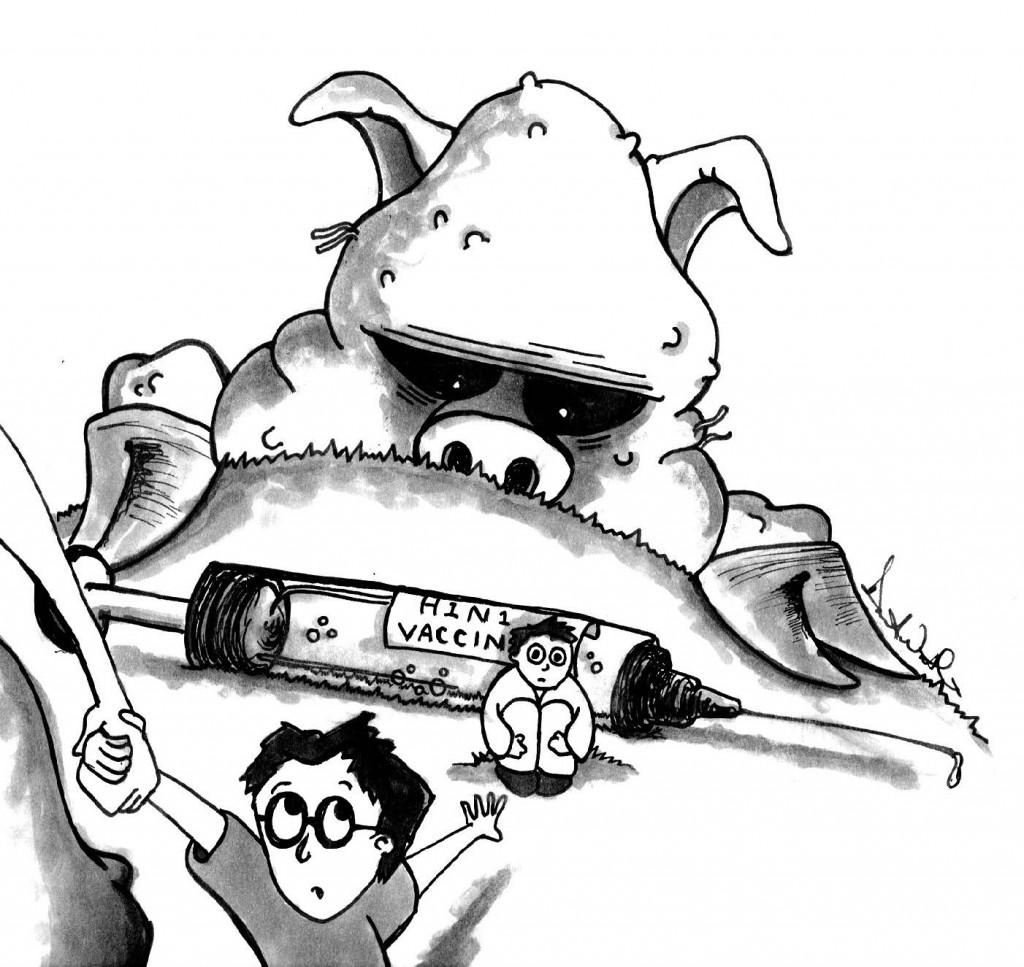By Sandy Hill/reporter
One of the most important things students can do to have a successful career is match their skills and abilities, said Lilian Mabry, a NE Campus counselor.
Mabry gave students tools and resources for exploring college majors and career options during Tips for Choosing an Academic Major last week.
Mabry broke the ice by asking students to share what they dreamed of becoming when they grew up and then sharing a common statistic among college students.
“People usually change their major about two times over the course of their academic careers,” she said. “Usually by the time you are a junior in college, you should have a major picked out.”
With technology moving at such a fast pace, what students start out majoring in may not be what they end up doing as an occupation, Mabry said. She gave an example of the darkroom days of photography compared to its digital version today.
Mabry tried to ease students’ tensions about the decision.
“Try not to put pressure on yourself of having to have a major,” she said.
“Choosing an academic major is like a lot of things in life. It’s a process that will evolve.”
When looking at career exploration, Mabry said students should ask themselves three questions: who am I, where have I been and where am I going?
“It’s a question of passion,” she said. “You must learn to temper your passion with your goals.”
Mabry shared an old saying with students.
“If you follow your heart, the money will follow,” she said. “We spend about a third of our day in our jobs, so why not have it be something that we love.”
Students should find a major that combines their skill and their passion, she said.
To find what they love, Mabry suggested students look at the things they have the capacity to do, consider what they already do well and determine what they want to know more about.
She also said they should think about their values and goals.
The counseling center provides free profile testing to TCC students. Two of the most popular personality profiles are the Myers-Briggs Type Indicator and the Keirsey Temperament Sorter.
The MBTI measures a person’s unique preferences of the 16 different personality types and is the one most often used by the counseling center.
The Keirsey Temperament Sorter distinguishes four temperament types: artisans, guardians, idealists and rationals.
Students were given an introspection exercise to help them recognize areas where they have skills and abilities and focus on their goals. Students shared their findings with other students.
NE Campus student Ashlee Neely found the exercise beneficial.
“I kind of did already know what I wanted to do, but it helped me, the worksheet we did,” Neely said.
“I thought of more skills that I’m capable of doing.”
Mabry had several other recommendations for students exploring careers, such as going on informational interviews with people who work in their field of interest, talking to friends and family members and job shadowing.
She also suggested volunteer work, memberships in clubs and organizations, career fairs, college catalogs and Web sites and the online Occupational Outlook Handbook, which gives job descriptions and salary ranges.
After the seminar, Connie Gamez, a NE Campus student who is about to graduate, had a different perspective.
“It makes me think about my abilities and my skills … maybe I do need to go to a university and pursue what I really enjoy doing … maybe I do want to do some more research,” she said.


























